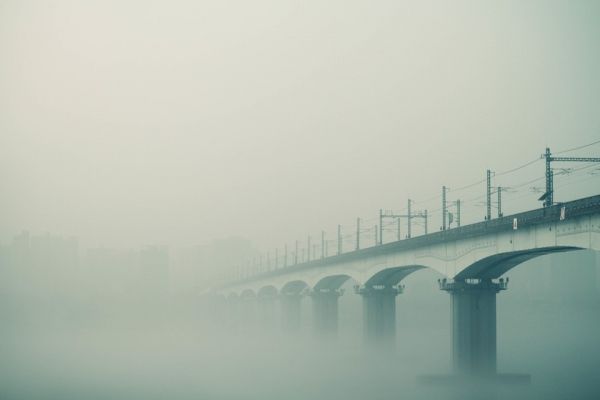A new kind of radar could make it possible for self-driving cars to navigate safely in bad weather. Electrical engineers at the University of California San Diego developed a clever way to improve the imaging capability of existing radar sensors so that they accurately predict the shape and size of objects in the scene. The system worked well when tested at night and in foggy conditions.
The team will present their work at the Sensys conference Nov. 16 to 19.
Inclement weather conditions pose a challenge for self-driving cars. These vehicles rely on technology like LiDAR and radar to “see” and navigate, but each has its shortcomings. LiDAR, which works by bouncing laser beams off surrounding objects, can paint a high-resolution 3D picture on a clear day, but it cannot see in fog, dust, rain or snow. On the other hand, radar, which transmits radio waves, can see in all weather, but it only captures a partial picture of the road scene.
Enter a new UC San Diego technology that improves how radar sees.
Read more at University of California - San Diego
Photo Credit: Free-Photos via Pixabay


